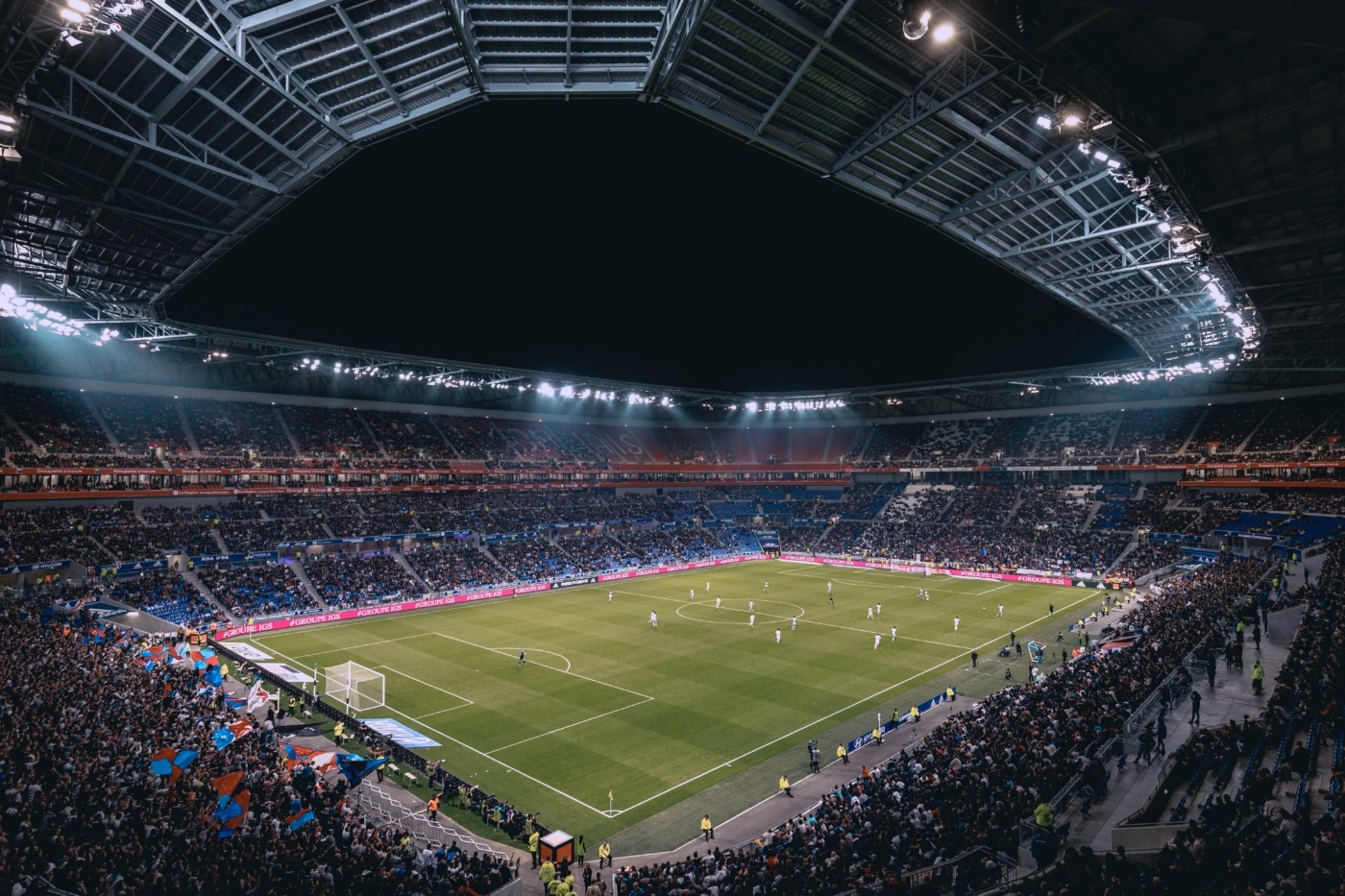Institutional Investors pile into Football
Since the Covid-19 crisis, institutional investors, like PE firms, have piled into struggling football clubs. How exactly do they hope to turn these clubs around? Is this an opportunity for football clubs?
The coronavirus pandemic has caused financial difficulties for many football clubs, with many losing revenue due to empty stadiums and suspended or cancelled seasons. Premier League clubs are set to lose £500 million collectively, as they have to weather several financial impacts such as deferrals of broadcast incomes and loss of matchday income. For smaller clubs, losing matchday revenue is especially painful. There have also been sharp declines in the value of publicly listed clubs. On the New York Stock Exchange, Manchester United’s market cap has dropped from US$3 billion to US$2 billion, while Juventus, on the London Stock Exchange, has dropped from €1.5 billion to €891 million. There is no doubt that, as a result of the coronavirus pandemic, clubs are facing financial troubles.
As an industry, the era of football has just begun.
Institutional investors are seeking to capitalise on market depressions, where the entry price into football is low due to the pandemic. Partnering with PE firms brings the potential for a much-needed upfront cash infusion into struggling clubs. CVC Capital Partners is considering buying up to 20% of Serie A for about €2 billion. Apollo Global Management Inc. and KKR & Co. have shown interest in the German Football League (DFL), who needs a €300 million cash lifeline.
With the current coronavirus situation, it currently seems like football clubs and leagues need these investments to stay afloat. Although football seasons have resumed, much remains uncertain in terms of live viewership of matches, which makes up the bulk of revenue of most football leagues. In more normal times, football is already considered a volatile business where even the shrewdest investors face pitfalls. Coupled with the pandemic, private equity investments are riskier than usual.
The compound annual growth rate (CAGR) for sports team ownership is superior over all other asset classes for the past 5, 10, and 20 years
However, all is not lost for football clubs. Pandemic or not, football has been experiencing a shift in its value classification – transforming from being mere trophies for wealthy elites to businesses that can be profited from. According to KPMG’s The European Elite 2019 football clubs’ valuation report, the compound annual growth rate (CAGR) for sports team ownership is superior over all other asset classes for the past 5, 10, and 20 years. It is no surprise that private equity investors have increasingly been attracted to sports clubs and agencies. Silver Lake Management, the US private equity firm, acquired over 10% of City Football Group Ltd., owner of Manchester City FC, for around $500 million in 2019.
Nevertheless, there are also expectations that football is in a strong position to rebound after the crisis. The pandemic has presented football clubs an opportunity to reinvent themselves. We know that the consumption of football on traditional platforms has slowly been decreasing, while digital consumption has skyrocketed tremendously. Yet, broadcasters still pay multibillion-dollar prices for broadcasting rights. Sky, DAZN, and other media companies collectively pay more than €6 billion a year to broadcast matches live. It is a matter of knowing how to adapt to the current trends and wants of consumers; while maintaining traditional broadcast platforms, these clubs must diversify their viewership.
The pandemic has only accelerated the search of alternative growth markets.
Besides, the point of any private equity investment is to create value and make a return. PE firms, like Silver Lake, can possibly extend their expertise from investments in tech companies, like Alibaba and Skype, to the football industry. As viewership shifts from television broadcasts to on-demand video and live streaming, the creation and development of sophisticated online platforms to cater to this demand is imperative to the success of creating profit for football. What does this mean for the future of football? Tech companies and sports-related media will be attracting more investments in the near future. The pandemic has only accelerated the search of alternative growth markets in a reality where social distancing prevents the business of football from functioning normally.
As a sport, football has been around for hundreds of years. As an industry, the era of football has just begun. Clubs must adapt and reinvent their strategies if they want to survive and thrive – even under pandemic conditions.

Comments